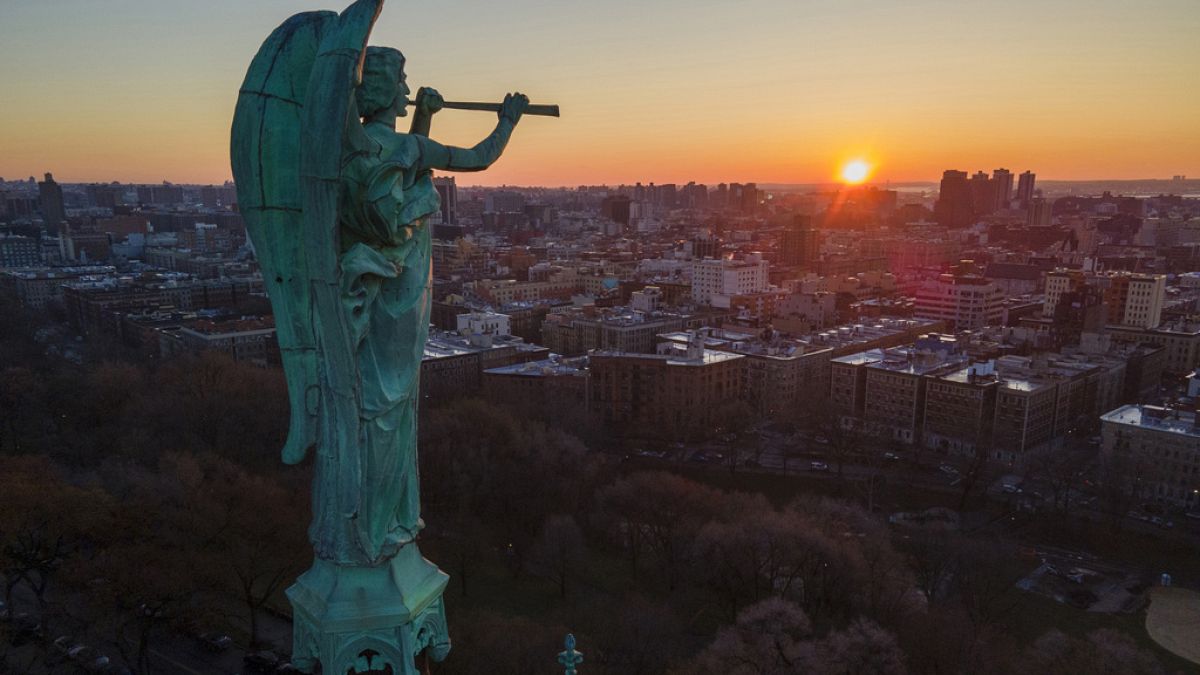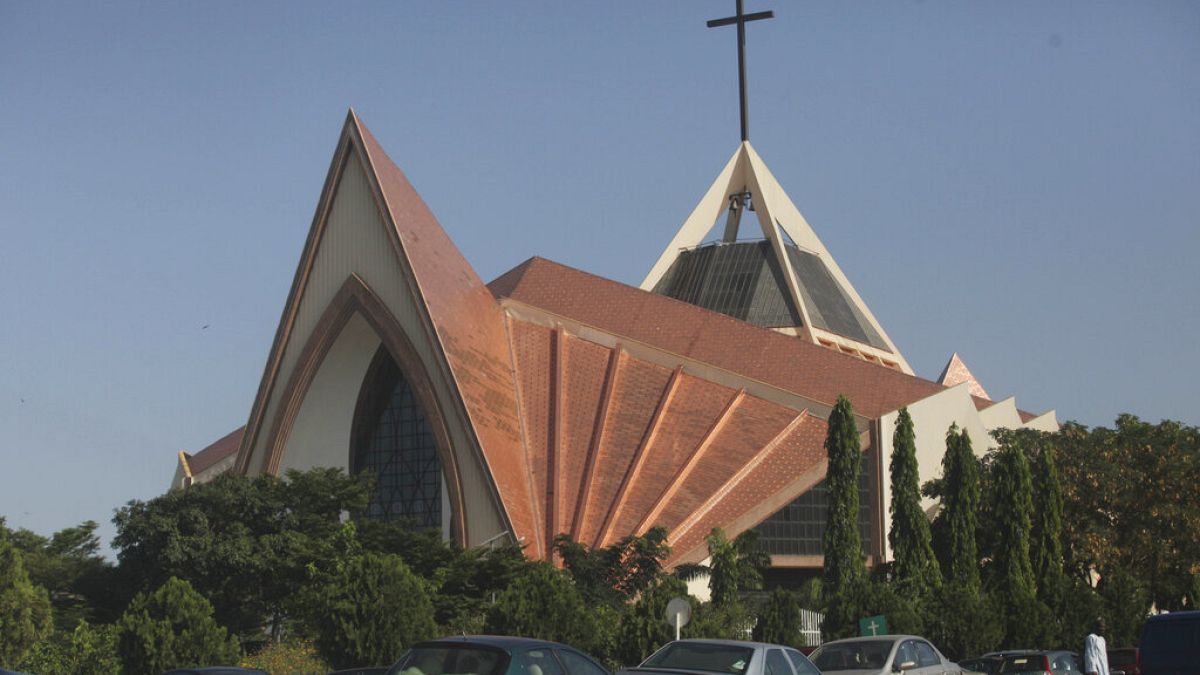Second round of emergency Gaza polio vaccination campaign starts

A second round of the polio vaccination campaign in Gaza is beginning to provide second doses to children.
A second round of polio vaccination is starting in Gaza on Monday to inoculate over half a million children as part of emergency efforts to quell an outbreak detected in July.
The highly infectious virus was found in sewage samples and resulted in the paralysis of a 10-month-old Palestinian baby, representing the first case in the territory in 25 years.
The first round of the vaccination campaign was carried out at the beginning of September, with an estimated 95 per cent of eligible children reached. The next round is set to provide the second dose of the oral polio vaccine.
At least two doses of the vaccine are necessary to stop transmission of the virus and at least 90 per cent of children need to be vaccinated to prevent it from spreading.
Vitamin A will be administered to “boost overall immunity” among children between the ages of two and nine, according to the World Health Organization (WHO).
“Polio outbreak responses – for wild or vaccine-derived polioviruses ̶ generally consist of multiple immunisation rounds, that are needed to interrupt community-level poliovirus transmission,” Dr Hamid Jafari, director of polio eradication for WHO’s Eastern Mediterranean region, said in response to emailed questions from Euronews Health.
The Global Polio Eradication Initiative (GPEI) “conducts a risk analysis that helps determine the number of polio campaigns needed to stop a polio outbreak and the scope of the campaigns,” he added, with the campaign targeting children under 10 in Gaza.
Logistical challenges during campaign
The vaccine effort is happening amid the Israel-Hamas war, which began when Hamas, which is considered a terrorist organisation by the European Union, carried out an attack in southern Israel on October 7, 2023, taking roughly 250 people hostage and killing 1,200.
Israel responded with airstrikes and a ground operation in Gaza, killing more than 42,000 Palestinians, according to the territory’s health ministry.
The war and lack of supplies have “virtually depleted” the health system, WHO says.
The first round of polio vaccination in Gaza faced “serious logistical challenges,” Jafari said, including “severely devastated infrastructure from health facilities to roads,” supply constraints and limited trained workers as well as “access issues due to insecurity, constant and significant population movement” and limited fuel.
For the second round of the campaign, there will be a network of teams at health facilities and outreach posts with mobile teams reaching families in shelters and camps as in the first round which was considered successful.
There are also 800 people raising awareness about the vaccination sites in addition to radio spots and other digital messages.
In the past two months, there have been 1.6 million doses of the vaccines delivered to Gaza as well as a number of refrigerators, freezers, ice boxes, and vaccine carriers to maintain them.
Catherine Russell, executive director of UNICEF, wrote in a social media post last week that “area-specific humanitarian pauses have been agreed,” adding that it’s critical that they are respected.
“Without them, it is impossible to vaccinate the children,” she said.
Efforts to eradicate polio
Polio is most often spread by contact with the faeces of an infected person but can also be spread through contaminated water or food. While it causes mild or no symptoms in most people, it can lead to paralysis, breathing problems, and death.
There is an ongoing global effort to eradicate polio, with wild poliovirus cases circulating in just two countries, Afghanistan and Pakistan, globally.
Vaccine-derived strains related to the live weakened virus in the oral vaccine, however, can spread in some areas with low immunisation rates. These outbreaks can be stopped with two to three rounds of a vaccine campaign.
The oral vaccine being deployed in Gaza is the novel version, which “contains improvements that help make the vaccine virus less likely to mutate and cause disease in communities with low immunisation rates,” according to the GPEI.
“Polio remains the longest-running Public Health Emergency of International Concern and the detection of polio in the Gaza strip reminds us that until we stop transmission of all polioviruses, children everywhere remain at risk,” Jafari told Euronews Health in an email.
“Our success in eradicating polio for good lies in working together. We are closer than ever to a polio-free world, but we must stay the course and finish what we started”.
World News || Latest News || U.S. News
Source link



